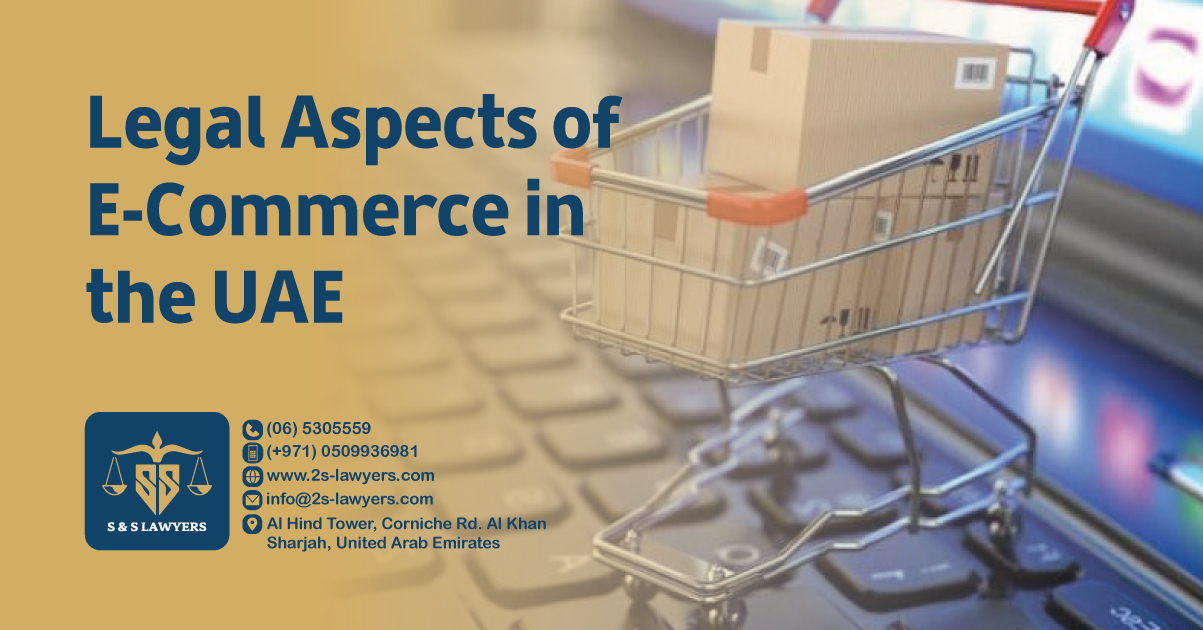Legal Aspects of E-Commerce in the UAE
Posted by
webtech

Introduction
The United Arab Emirates (UAE) has rapidly emerged as a global leader in e-commerce, driven by its strategic location, advanced digital infrastructure, and a tech-savvy population. With the exponential growth of online retail and services, the UAE has established a comprehensive legal framework to regulate e-commerce activities and ensure a secure and transparent environment for businesses and consumers alike. Understanding the legal aspects of e-commerce in the UAE is crucial for businesses to operate effectively and compliantly in this dynamic market.
E-Commerce Laws in the UAE
The UAE has implemented robust legislation to govern e-commerce, ensuring that digital transactions are legally recognized and enforceable. The cornerstone of this legal framework is Federal Law No. 1 of 2006 on Electronic Commerce and Transactions, commonly referred to as the E-Commerce Law. This law provides legal recognition for electronic transactions, digital signatures, and electronic records, establishing a foundation for the legal validity of online contracts and agreements.
Under the E-Commerce Law, electronic contracts are considered legally binding, provided they meet certain criteria, such as the consent of both parties and the integrity of the electronic record. Digital signatures, which authenticate the identity of the parties involved in an online transaction, are also recognized as legally valid, provided they comply with specific security and certification requirements.
Licensing Requirements for E-Commerce Businesses
To legally operate an e-commerce business in the UAE, companies must obtain the appropriate licenses based on their business activities and location. The UAE offers two primary types of e-commerce licenses: mainland and free zone licenses.
1. Mainland Licenses: Mainland licenses allow businesses to operate anywhere in the UAE and engage directly with the local market. To obtain a mainland license, businesses must register with the Department of Economic Development (DED) in the relevant emirate and fulfill the specific regulatory requirements, including setting up a physical office and adhering to local ownership regulations.
2. Free Zone Licenses: Free zone licenses offer benefits such as 100% foreign ownership, tax exemptions, and simplified import/export procedures. However, businesses operating under a free zone license are generally restricted to conducting business within the designated free zone or internationally, unless specific arrangements are made to operate in the mainland market. Free zone licenses are issued by the respective free zone authorities, each of which has its own regulations and procedures.
Navigating the licensing process can be complex, and businesses must carefully choose the type of license that aligns with their operational goals while ensuring full compliance with UAE regulations.

